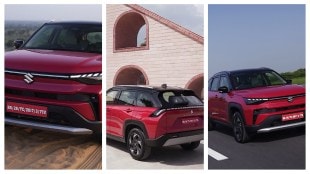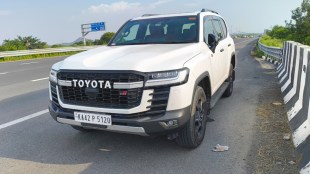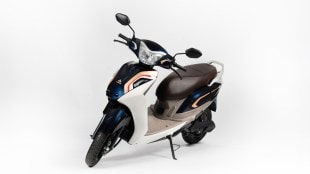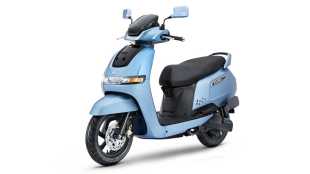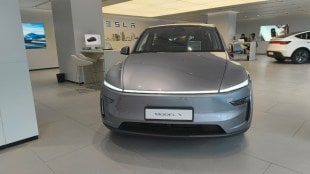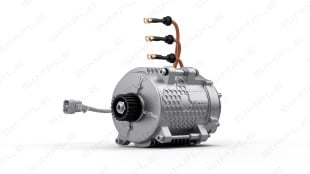Volkswagen Group came into a spot of bother a few months ago when the German conglomerate was accused of duping the Indian tax authorities of billions of dollars.The carmaker’s Indian arm— Skoda Auto Volkswagen India Private Limited (SAVWIPL) — recently challenged this notice at the Bombay High Court.
The Indian tax authorities have now responded to the Court saying that agreeing to Volkswagen’s demand to quash a $1.4 billion tax bill would have “catastrophic consequences” and encourage companies to withhold information and delay inquiries, court documents show.
For the uninitiated, Indian tax authorities filed an official complaint in the Bombay High Court in November last year alleging the Volkswagen Group evaded $1.4 billion (Rs 11,847 crore) in taxes by “wilfully” paying lesser import tax on components for its Audi, VW and Skoda cars. This marks India’s largest-ever tax penalty demand related to import duties, stemming from a 12-year scrutiny of Volkswagen shipments.

The case has reignited foreign investors’ concerns over prolonged investigations. Volkswagen, in its plea to the Bombay HC, has described the case as a “matter of life and death” for its India business. VW’s primary argument to quash the tax demand is the “inaction and tardiness” of tax officials in delaying shipment reviews.
Indian tax authorities question VW’s claim
On the other hand, the the Directorate of Revenue Intelligence (DRI) have submitted a 78-page rebuttal to VW’s plea at the Bombay HC claiming that the carmaker caused the delays by withholding crucial information and data about its imports. The DRI, in its latest plea filed on March 10, alleges that if the court accepts the carmaker’s reasoning, it would allow importers to suppress vital information and then claim that the time-limit for the tax authority to conduct a probe had passed.
The DRI alleges that Volkswagen strategically imported auto parts in separate shipments over several years to avoid detection and reduce taxes, rather than declaring them as “completely knocked down” (CKD) units for reassembly in India. CKD units are taxed at 30-35%, while auto parts face a lower rate of 5-15%.
The filing also states that the Indian government seeks a court directive for Volkswagen to comply with procedures and address the tax notice through the relevant authority rather than in court. If things don’t go in favour of Volkswagen, then the German carmaker could have to pay a hefty sum which totals up to $ 2.4 billion (approx. Rs 24,000 crore) to the Indian government which could potentially risk the company’s future in the country.
With inputs from Reuters

